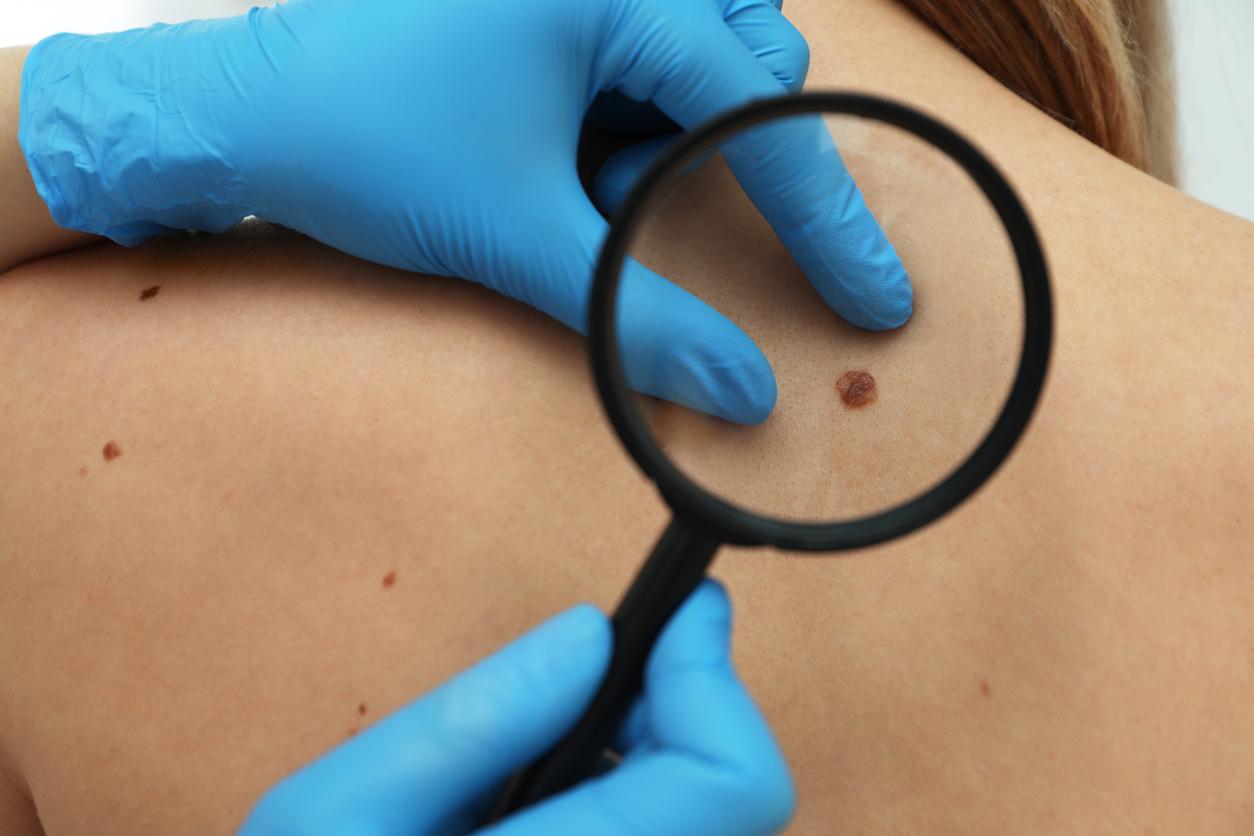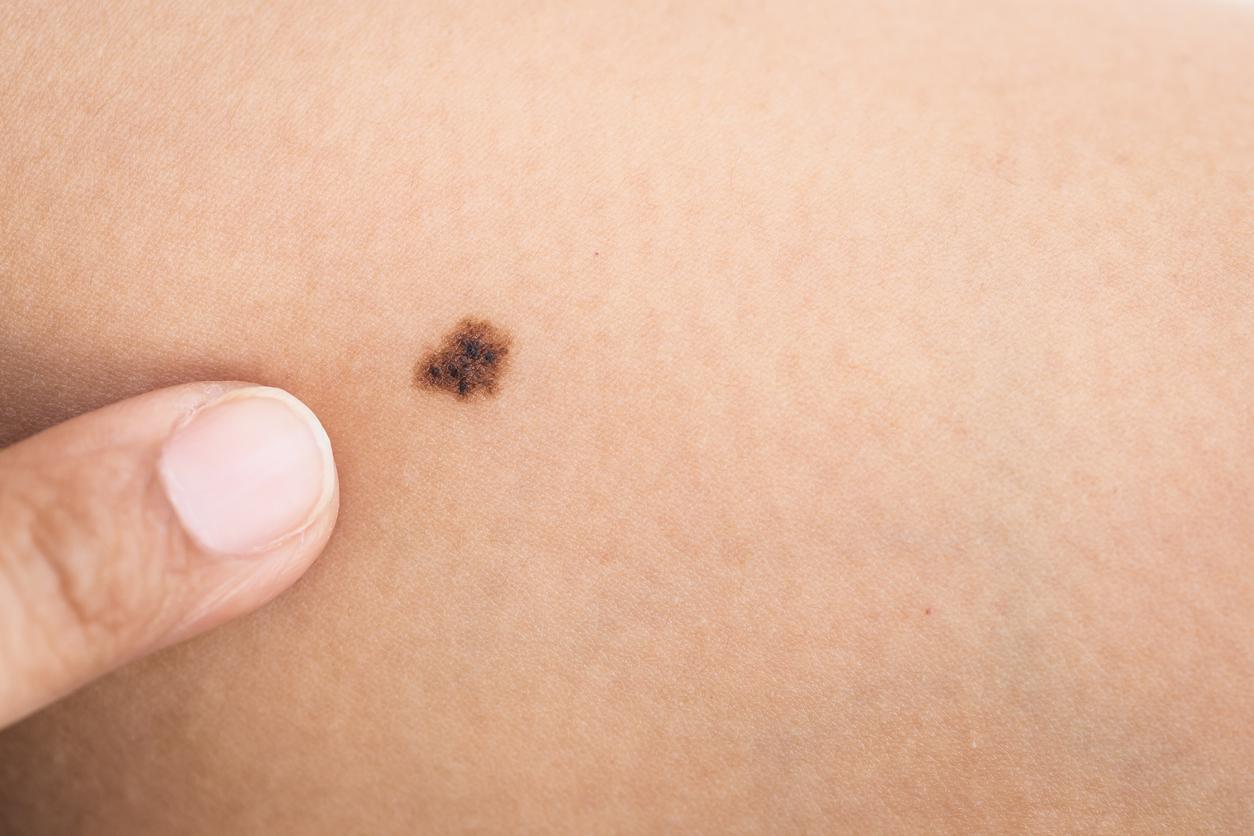People who have dysfunctional white blood cells in their blood are at greater risk of developing melanoma, a new study finds.

- Monoclonal B-cell lymphocytosis (MBL) is characterized by the presence of a high number of lymphocytes.
- This disorder is linked to an increased risk of melanoma, according to a new study.
- Researchers are urging people with MBL to get regular skin cancer screenings and protect themselves from the sun.
Some people have an overabundance of white blood cells (B lymphocytes) that hamper the immune system. This condition, called monoclonal B-cell lymphocytosis (MBL), is often asymptomatic. However, it is known to be a precursor to chronic lymphocytic leukemia (CLL), a type of blood and bone marrow cancer.
A new study from the Mayo Clinic finds that an excess of dysfunctional white blood cells is also linked to an increased risk of another cancer: melanoma.
High B-cell counts linked to increased risk of skin cancer
The researchers took a cohort of more than 7,000 people screened for MBL. After following them for about four years, they came to a conclusion: patients with this disorder have a 92% increased risk of developing melanoma. This is a risk of melanoma similar to that observed in patients affected by chronic lymphocytic leukemia.
According to their analyses, participants with monoclonal B-cell lymphocytosis also had a higher risk of lymphatic system cancers and hospitalizations due to serious infections, including Covid-19.
“Previously, scientists considered MBL to be simply part of the aging process. But what we are seeing is that there are clinical consequences associated with the disorder: contracting serious infections and melanoma are some of them.”says Dr. Susan Slager, lead author of the study, in a press release.

MBL: you must protect yourself from the sun and get tested
According to the study published in the journal Journal of Clinical Oncology As of September 4, 2024, patients with monoclonal B-cell lymphocytosis (MBL) have similar risks of melanoma to those affected by chronic lymphocytic leukemia, even though their lymphocyte count per microliter of blood is lower. Thus, researchers advise them to follow the same recommendations: to undergo annual skin cancer screening by a dermatologist and to protect themselves from the sun to prevent melanoma.
“Our results suggest that people with early-stage MBL should also be more diligent in following established guidelines for skin cancer prevention, including, for example, the use of sunscreen and protective clothing.”explains Dr. Slager.

















